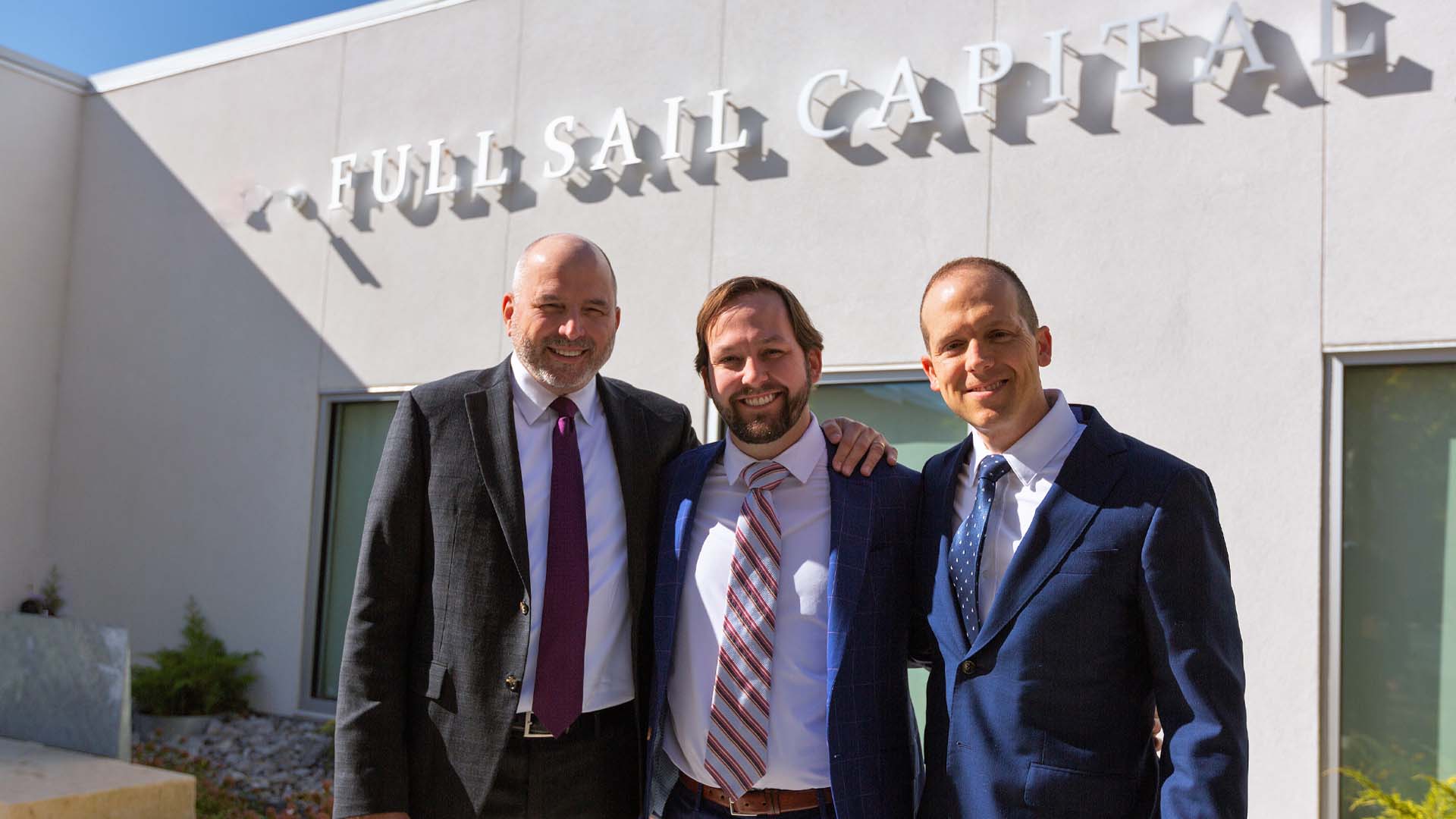

The Team
We value someone who brings a core competency to the firm. Whether it’s trust administration, estate planning law, accounting, real estate, qualified plans, or investment credentials – each one of our wealth advisors bring something to the table that adds inherent value for all of our clients.

What We Do
We do what it takes to help our clients achieve financial peace of mind. This takes something different for each client, which is why a cookie-cutter approach will never cut it for us. Advisors work closely with clients to know their families and understand their personal goals, wealth objectives, financial fears, and service needs. From there, we leverage the strength and experience of our entire team to serve each client through five anchor services:
